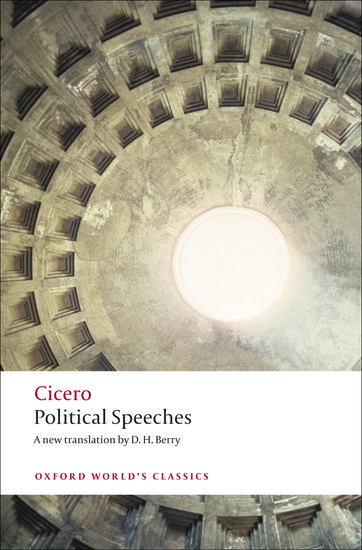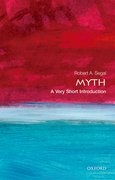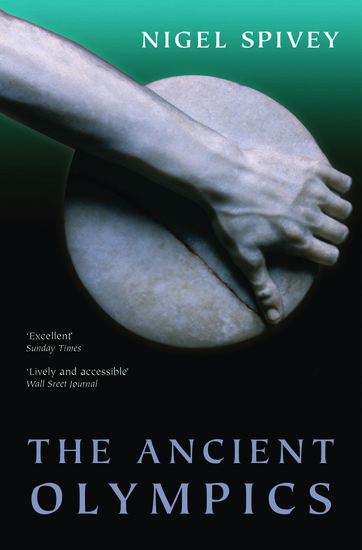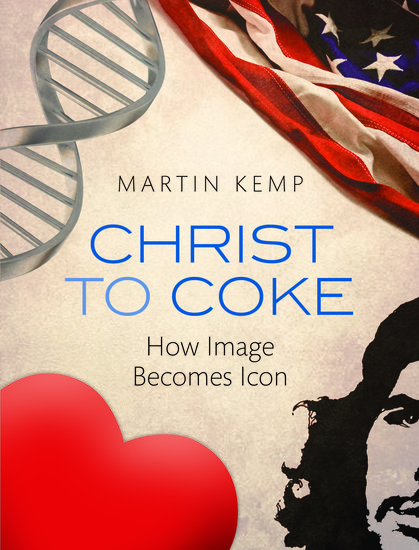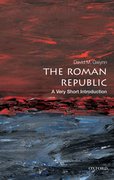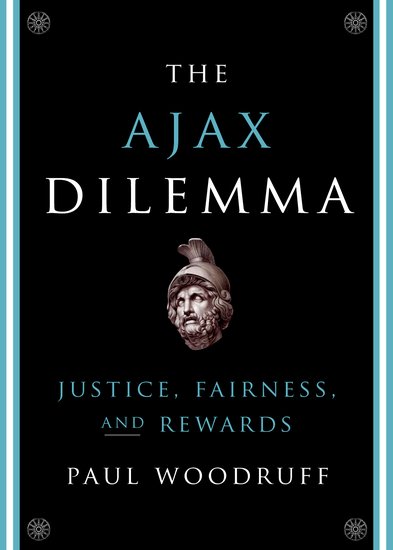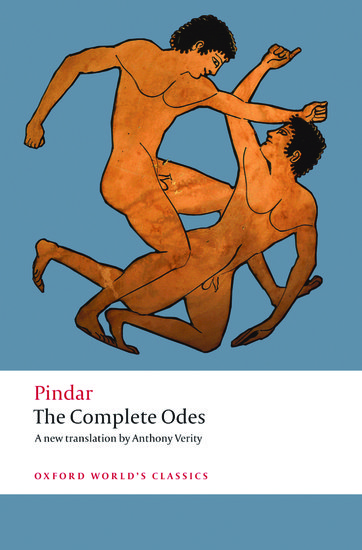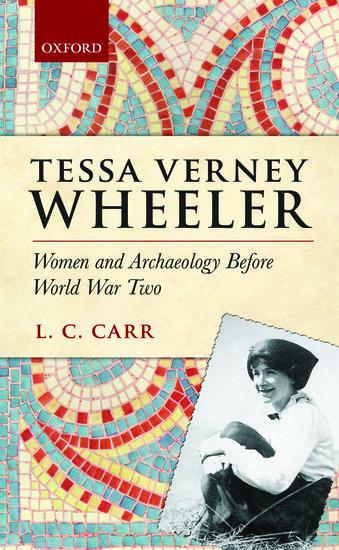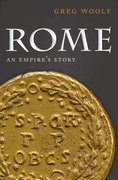To let you appreciate what sort of consul he professes himself to be
On 2 September 44 BC, Cicero launched into the first of the most blistering oratorical attacks in political history, attacks which ultimately cost him his life. The following is an excerpt of the Second Philippic, a denunciation of Mark Antony, from the Oxford World’s Classic Political Speeches. Do we hear echoes of contemporary political rhetoric in these harsh tones?

